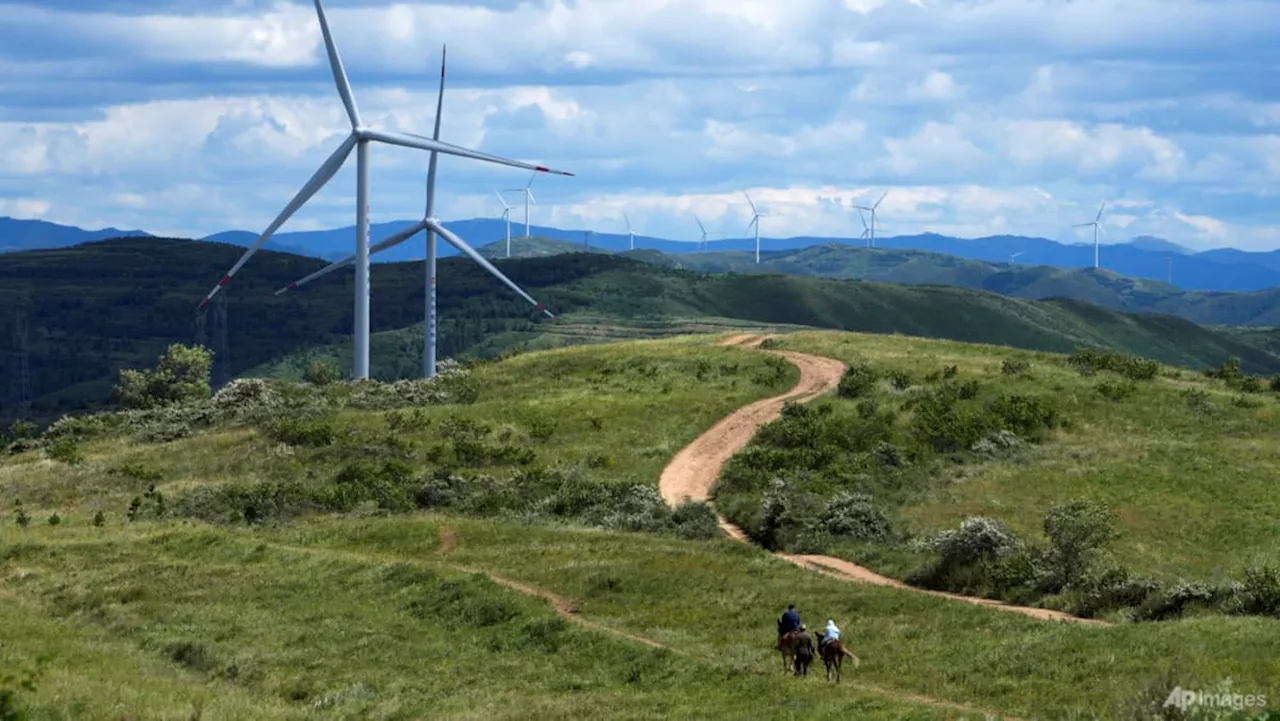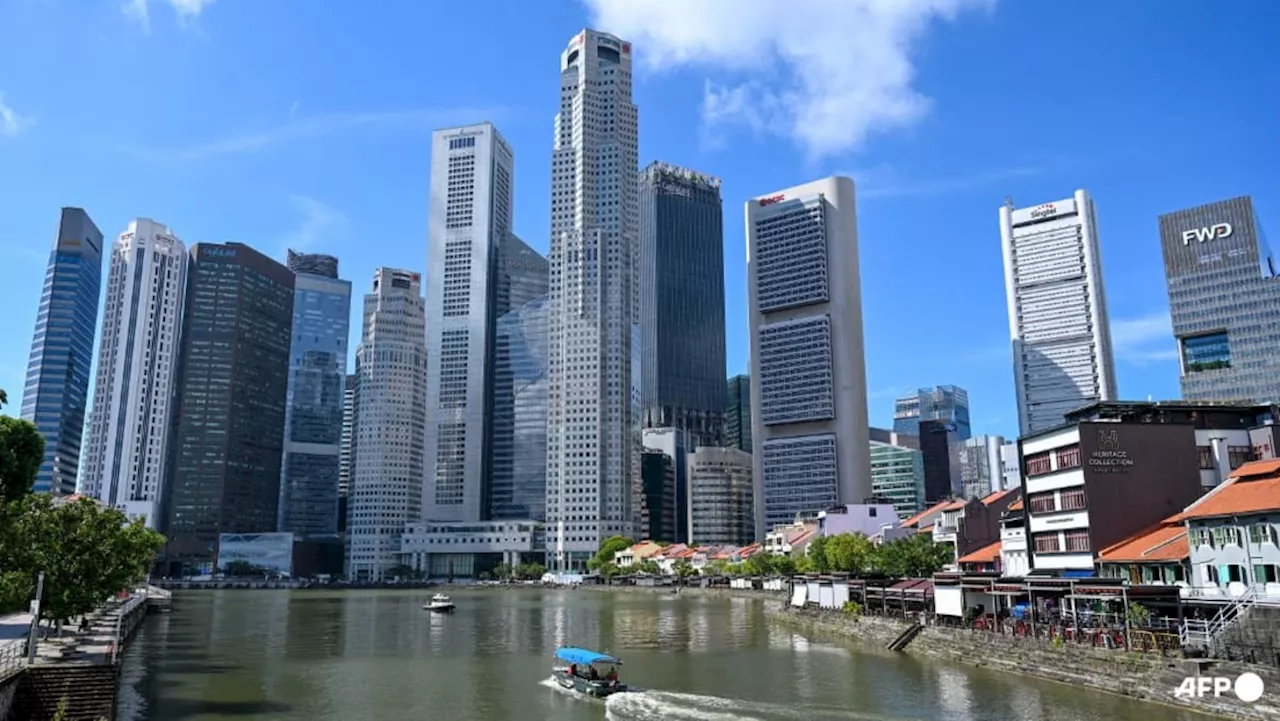Fear of retaliation can hinder the willingness of workers to voice concerns regarding safety, say SUSS’ Victor Seah and Angela Tan.
Every life lost is one too many, but 2023’s number marks a significant improvement from the 46 deaths, or 1.3 deaths per 100,000 workers, in 2022.
Since then, the workplace fatal injury rate has fallen about 80 per cent. As World Day for Safety and Health at Work approaches on Apr 28, it is timely to consider how Singapore can keep workplace deaths to a minimum over the next 20 years and beyond.Clearly, it will require the combined effort of stakeholders such as business owners, directors, unions, supervisors, workers, suppliers and contractors.
The heightened safety period introduced in 2022 may have led to 2023’s record low workplace fatality rate but it is centred on “sticks” such as demerit points and risks of disqualification from tendering for projects and other penalties. There is a body of evidence supporting the role of feeling psychologically safe and speaking up for safety. For instance, you may think that workers who have previously been injured at work are more likely to be vigilant, and to be more willing to speak up for safety. A study published in Safety Science in 2014 found this to be true, but only if those who sustained past injuries also report feeling high levels of psychological safety.
If you are a leader, develop a habit to routinely ask workers about their safety concerns. This demonstrates care and concern and may also uncover less obvious safety concerns such as a fear of heights or discomfort with certain tasks. The use of rewards for safety can also be effective. Used judiciously, leaders can signal to employees that safety behaviours are valued and are the expected norms in an organisation.
Singapore Latest News, Singapore Headlines
Similar News:You can also read news stories similar to this one that we have collected from other news sources.
 Commentary: China is the one keeping wind power revolution blowingThe West must spend more money on clean technology to rewire the world’s energy systems, not kick off a destructive trade battle, says David Fickling for Bloomberg Opinion.
Commentary: China is the one keeping wind power revolution blowingThe West must spend more money on clean technology to rewire the world’s energy systems, not kick off a destructive trade battle, says David Fickling for Bloomberg Opinion.
Read more »
 Commentary: Why Malaysia PM Anwar’s PKR does not talk about successionA post-Anwar world might be different, but it will not erase his quarter-of-a-century imprint on the party, says political analyst James Chai.
Commentary: Why Malaysia PM Anwar’s PKR does not talk about successionA post-Anwar world might be different, but it will not erase his quarter-of-a-century imprint on the party, says political analyst James Chai.
Read more »
 Commentary: Even if TikTok is banned in the US, its users will find alternativesThe uncertainty over a possible TikTok ban in the lucrative US market could extend to multiple years, says NTU associate dean Mark Cenite.
Commentary: Even if TikTok is banned in the US, its users will find alternativesThe uncertainty over a possible TikTok ban in the lucrative US market could extend to multiple years, says NTU associate dean Mark Cenite.
Read more »
 Commentary: How breakdancing became the latest Olympic sportIn an effort to bring the Olympics to a wider and younger audience, breaking is the latest sport to make its debut at Paris 2024. But how will it work as a scored sport? Sport Management lecturer Mikhail Batuev gives his take.
Commentary: How breakdancing became the latest Olympic sportIn an effort to bring the Olympics to a wider and younger audience, breaking is the latest sport to make its debut at Paris 2024. But how will it work as a scored sport? Sport Management lecturer Mikhail Batuev gives his take.
Read more »
 Commentary: As a small country, soft power is particularly important for SingaporeSingapore is already widely known and admired abroad, but its soft power can be significantly enhanced, says the Lee Kuan Yew School of Public Policy’s Terence Ho.
Commentary: As a small country, soft power is particularly important for SingaporeSingapore is already widely known and admired abroad, but its soft power can be significantly enhanced, says the Lee Kuan Yew School of Public Policy’s Terence Ho.
Read more »
 Commentary: Talking openly and candidly about menstruation makes workplaces more inclusive, periodHave you ever felt sick at work? Perhaps you had food poisoning or the flu. Your belly hurt, or you felt tired, making it hard to concentrate and be productive. How likely would you be to tell your boss you were unwell and had to go home?
Commentary: Talking openly and candidly about menstruation makes workplaces more inclusive, periodHave you ever felt sick at work? Perhaps you had food poisoning or the flu. Your belly hurt, or you felt tired, making it hard to concentrate and be productive. How likely would you be to tell your boss you were unwell and had to go home?
Read more »
